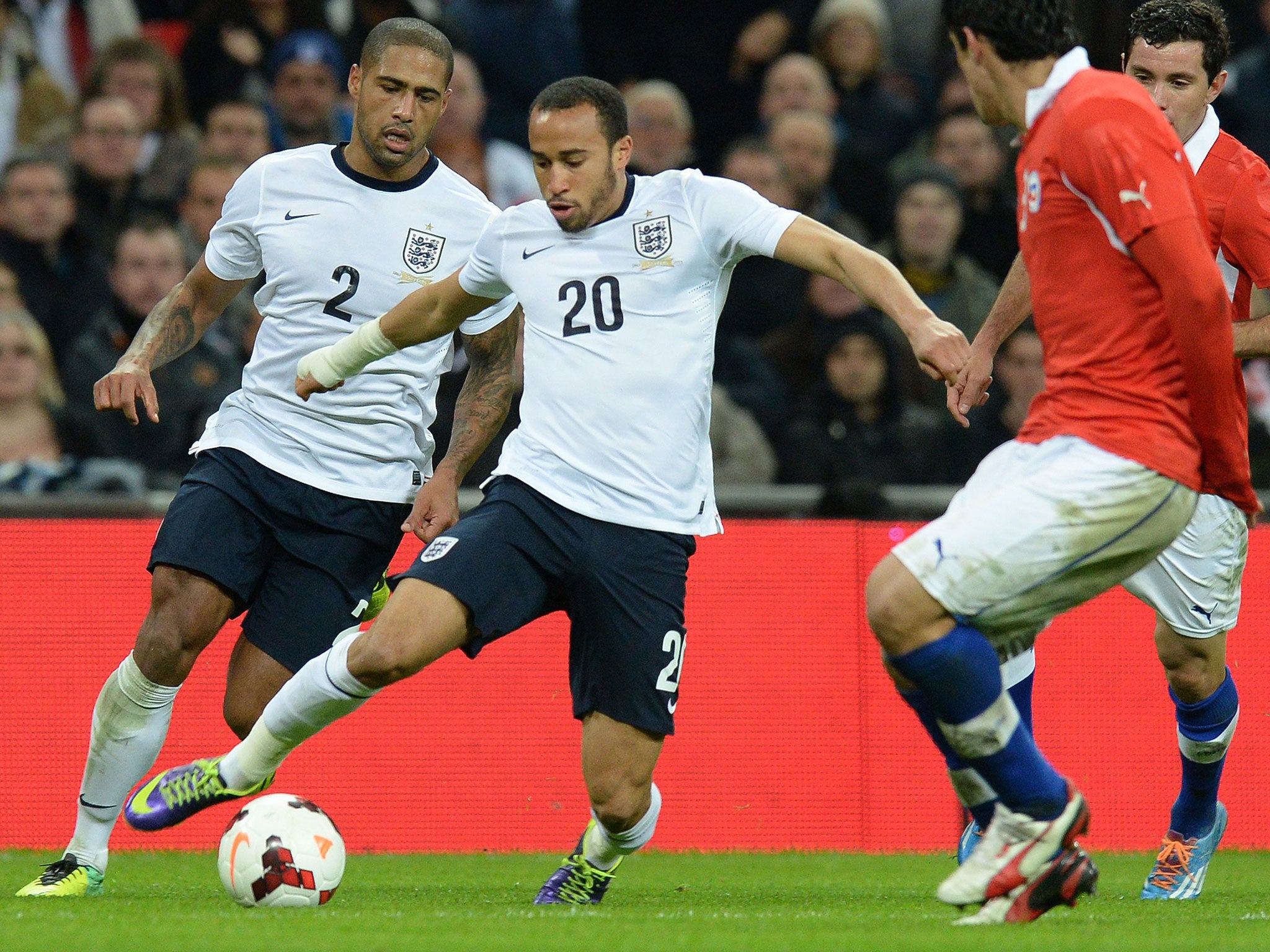Kevin Garside: England are handicapped by a culture that struggles to show sufficient pride in the national shirt
There is a huge pride in representation, that by pulling on the jersey you serve

First New Zealand then Germany, universal yardsticks passing through the capital within days of each other imposing their gold standards on English sport. The appearance of the All Blacks was a religious experience for many, deities blessed with qualities beyond our ken, to be worshipped, revered, studied, followed in the hope that one day we might be like them.
Similarly Germany arrive for tomorrow’s friendly at Wembley as demi-gods playing a game with which we are not familiar. Our newspapers are full of anguish at what might be, a commentary of fear over the pain and embarrassment they might inflict.
Identity appears to be at the heart of our troubles. We do not know who or what we are supposed to be. Stuart Lancaster is in pursuit of it, putting at the top of his agenda the need to establish a coherent way in which we think about ourselves as a rugby nation. What we stand for. What we represent. Who we are.
Gary Neville experienced a Twitter epiphany the other week. Eureka, there it was staring us in the face, and of all places in Germany. Yes, in the eccentric outpourings of Jürgen Klopp, the coach of Borussia Dortmund, our identity was revealed. The Germans play like the English. They fight, roll about in the mud, scream defiance, run hard and eventually win by force of will and a refusal to quit. It was enough to send Neville straight to Speaker’s Online Corner to proclaim in 140 characters the way forward.
This ignored the skill bit, the systematic approach to coaching, the subordination of the Bundesliga by the German Football Association, a process which elevates the national team to a station higher than the club sides, inverting the English model where the Premier League revels in its hegemony. Perhaps the experience against Chile last Friday might enlighten Neville. The South Americans did not want for any of the qualities that Neville so cherishes. They fought, ran, tackled just as hard as England. You might argue they did more of all those things because they were fired by the real difference between the sides. A sense of purpose, a sense of who they are and what they are about.
Like New Zealand, Chile is at the end of some distant air route far removed from the centre of the universe, or London as it is otherwise known. The national football team, like the rugby team in New Zealand, is an important part of the country’s identity, a prism through which Chile is known. When the players pull on the shirt they commune in a shared experience that requires no words. There is huge pride in representation, a sense that by pulling on the jersey you serve.
Where is the pride in the English experience? Our footballers step down from their Premier League thrones on to a plane of mediocrity where it matters not if you win or lose. There is no national league keeping Chile’s footballers in mansions and Ferraris. The national team is the vehicle that puts them out there.
Germany ensures the primacy of the national team by structuring the club game in a way that serves it. There is hierarchy that everyone accepts unconditionally. English rugby is built the same way but does not have the same sense of nationhood as Germany. Perhaps fate is having its fun with us, slapping about the ears a nation that once governed half the world, imposing its culture and mores on peoples uninvited.
Ironically sport is one of the few domains that allows us to be English. England has no purchase on our passports. When we travel abroad we come not from England but the United Kingdom and our political class represents not our country but four. So Lancaster is right to seek a version of Englishness that suits his team and on which all agree. Greg Dyke’s FA commission must work out what the national team means to us. In the mean time we must suffer the mood swings of individuals, as Dietmar Hamann outlines in a brilliant take on the English game in his book Didi Man: My Love Affair with Liverpool.
England, he argues, has no real understanding of the team concept. Rather we are in thrall to the cult of the individual, expressed perhaps in our attachment to tricky wingers and the compulsion to “beat your man”. Andros Townsend would be our latest saviour. In Germany the team is everything. “England seem to live with the continual hope that putting out a group of talented individuals will create a team. It doesn’t… England has good players but it takes more than good players to get to the business end of a tournament.”
The last time England were successful at a major tournament, as Hamann points out, the national team was populated by great players that led normal lives, for whom the national team was the pinnacle of professional endeavour and through which identity was forged.
Over to you Mr Dyke.
Subscribe to Independent Premium to bookmark this article
Want to bookmark your favourite articles and stories to read or reference later? Start your Independent Premium subscription today.

Join our commenting forum
Join thought-provoking conversations, follow other Independent readers and see their replies